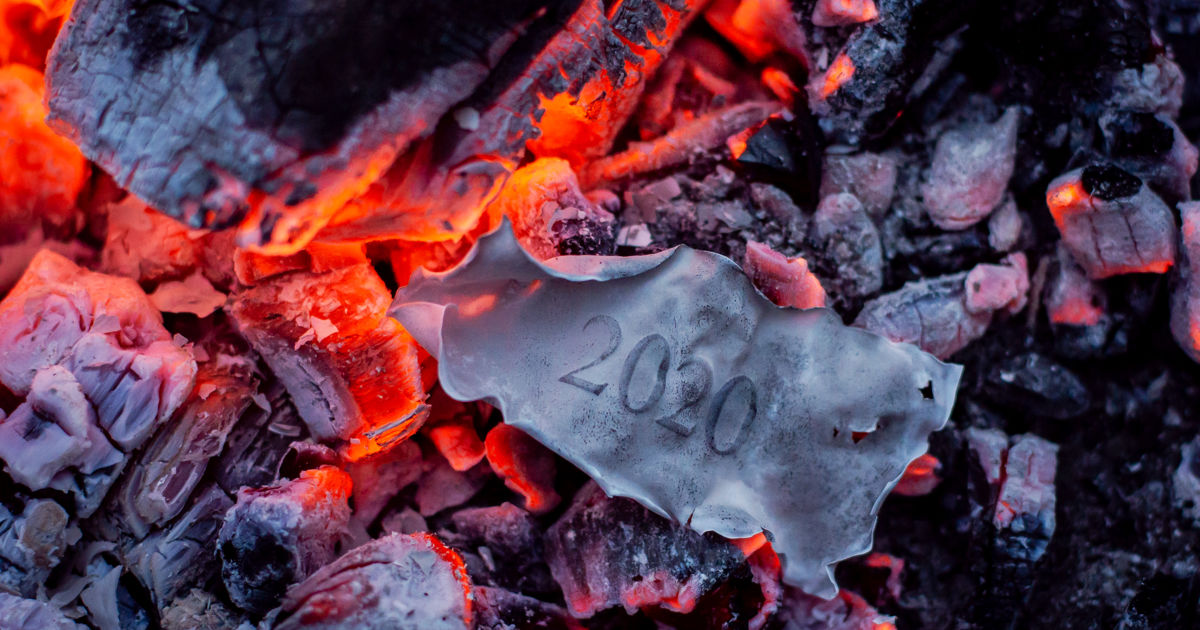The pandemic changed everything, and it may just be the best thing to happen to our industry
2020 was "a bin fire of a year", no doubt. But can the 12 months which follow it usher in a new approach for an industry voted the least trustworthy in the UK? Dan Cullen-Shute, CEO of London agency Creature, says 'yes!'.
2020 sucked, right? At a time when, across the world, division has never been clearer and more visible, this is one thing we can all agree one, a totem around which we can all gather: 2020 was an absolute bin-fire of a year, and we’re all better off without it.
I have a contentious opinion to share: 2020 wasn’t that bad.
Well, without wishing to get all Twitter about it, I have a contentious opinion to share: 2020 wasn’t that bad. Once we have a bit of distance, and as long as we’re all prepared to do what’s needed, 2020 might prove to be one of the best things to happen to businesses in a long time and, at the same time, a significantly easier year to navigate than the ones we’ve got coming up.
Bear with me. I’m going somewhere with this.
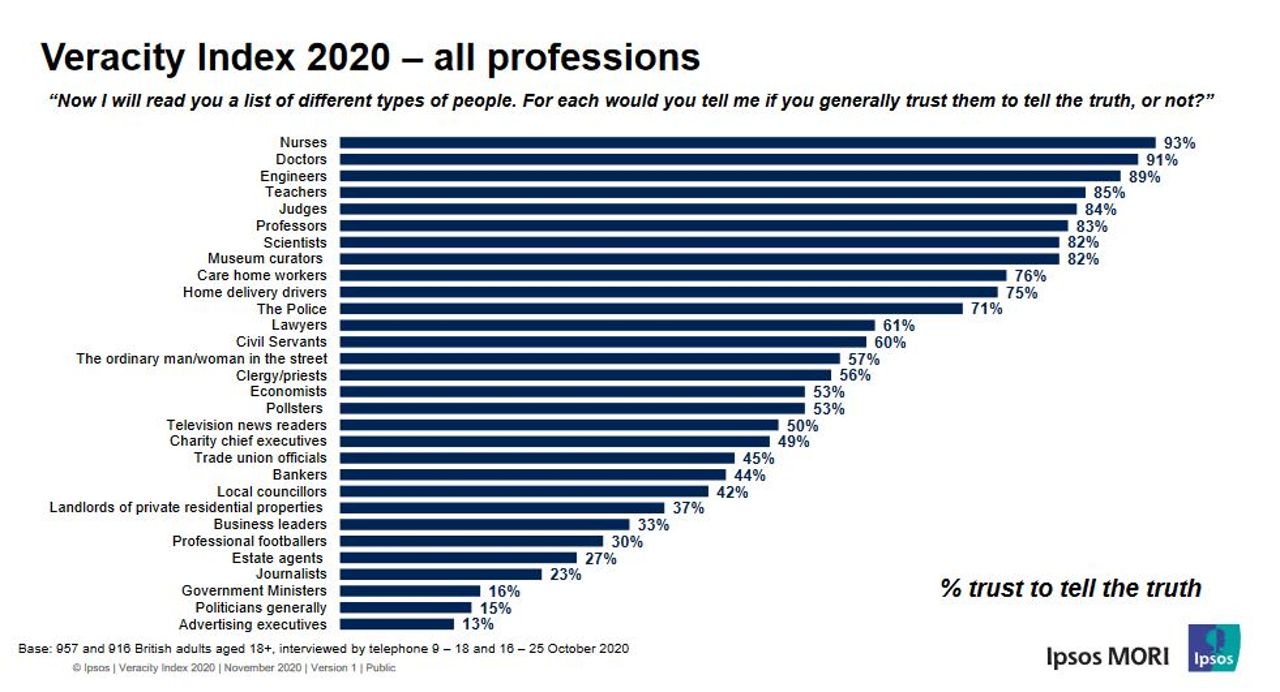
Above: Advertising executives were voted the least trustworthy - below even politicians - in a 2020 Ipsos MORI poll.
First off, the undeniable; 2020 was tough. The UK is experiencing an unparalleled economic downturn, which isn’t going anywhere any time soon. We’ve all lived through social restrictions the likes of which would have seemed unimaginable even a year ago. And, to add a tired and hackneyed a phrase, we’ve found ourselves living in unprecedented times, wrought with uncertainty, and never knowing quite what tomorrow would bring. It was hard, it was stressful, and it was utterly exhausting. And, on top of that, advertising was once again voted the least trustworthy industry in the UK by the people that it’s our job to understand and to persuade. Yes. 2020 was tough.
Advertising was once again voted the least trustworthy industry in the UK by the people that it’s our job to understand and to persuade.
The only thing we knew for sure was that we knew nothing. And here’s the point; when you know nothing, it’s really hard to make a bad decision. When all your options are removed, it’s really hard to get it wrong. And when, if you do manage to get it wrong, you have ‘yeah, well, I don’t know if you’ve noticed, but there’s a bit of a pandemic happening’ to fall back on as an excuse. It all starts to feel strangely… liberating.
Everything every business leader did in 2020 was reactive and borne out of necessity.
Now, don’t get me wrong, some businesses did well last year, and some did less well. There were the businesses that went out of their way to support their staff. The businesses that pivoted when their normal income avenues were closed down. The businesses that went above and beyond to help out in their local community (in all seriousness, throw a stone at the hospitality sector, and you’ll hit someone who did incredible things last year). So yes, some people were amazing in 2020, and I’m not taking anything away from that, but the fact is that everything every business leader did in 2020 was reactive and borne out of necessity. Which is what makes 2021 so very interesting.
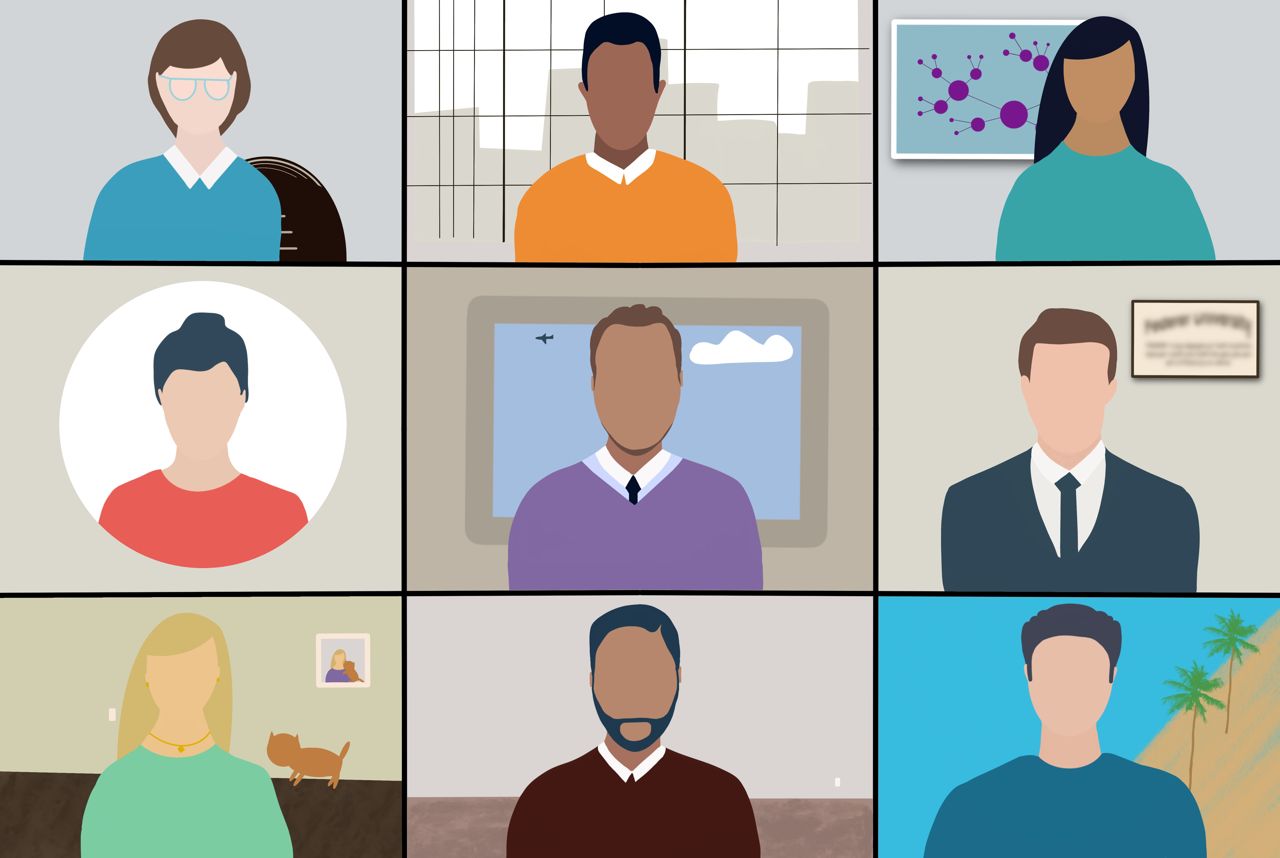
Above: Working from home and navigating things like remote pitches and Zoom presentations was a staple of 2020.
This year we all have to get back on the front foot. Making do and getting by was a perfectly acceptable maxim for 2020, it was one the year thrust upon us. But alongside thrusting maxims, 2020 also got busy tearing down barriers, and opening up possibilities; a year in which a million it’ll-never-happens suddenly happened, purely because they had to. The structures we thought we all had to operate within were razed to the ground. Present creative work via Zoom? Run pitches remotely? Work from a different continent? Hire people you’d never met? All things we never thought we’d do, and now we’ve all done them.
To paraphrase Bruce Mau, now that we can build anything, what shall we build?
So what now? Well now, as the Rock would say, we have to rebuild. And this is where it gets exciting, and where it gets hard. To paraphrase Bruce Mau, now that we can build anything, what shall we build? After a year with our hands tied, we suddenly find that, relatively speaking, we’ve got a tight grip on the future. We’re not coping anymore, we’re creating, and that’s a luxury, but it’s also one hell of a responsibility.
It’s on us now to resist the twin imposters of ‘getting back to how it was’ and ‘the new normal’ and get on with building genuinely brilliant businesses. Businesses with equality and diversity at their heart. Businesses that are genuinely modern and progressive, not just modernised, slightly more progressive versions of the old stuff. Businesses that are designed to work for everyone, and to allow everyone to produce brilliant work.
It’s on us now to resist the twin imposters of ‘getting back to how it was’ and ‘the new normal’.
Five days in the office has always been the norm, but should it be? At Creature, we don’t think so, which is why we’ve introduced the 3:2 model, where our team will spend two days working from a central hub, recharging the creative batteries and bouncing off each other, and the other three days working from, well, wherever they choose, because we’ll be fully remote-first for those days.
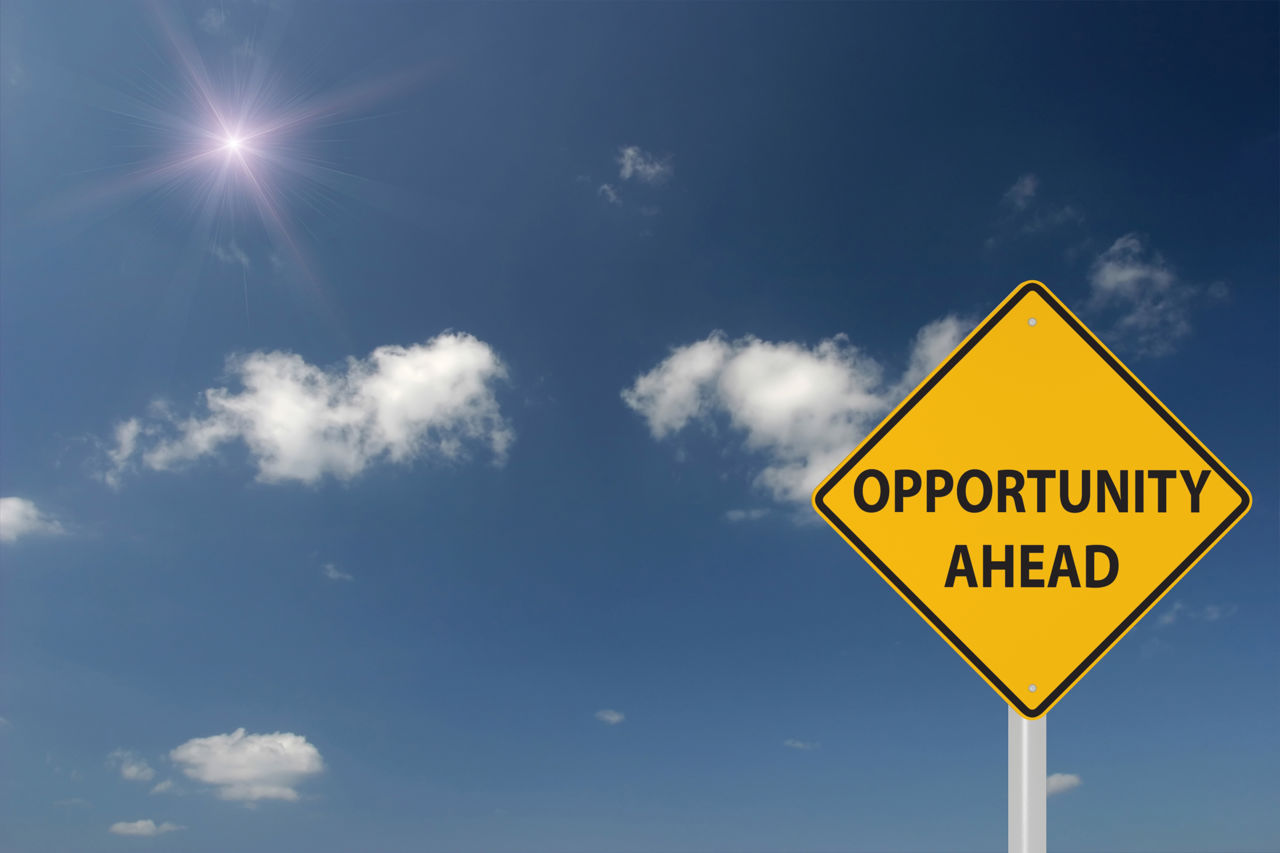
Above: The unseen challenges of last year have enabled the industry to grasp a new way of working.
And that’s just the beginning. Can you work for a London-based creative agency and not live in London? We think so. Can we build a culture that is accepting of and exciting for everyone, as opposed to people who look like (and love the pub like) me? We think so. Can we build agencies that have a positive impact on the communities in which they exist? We think so. Can we start to make this industry better, and more trustworthy? Can we open it up, and build something new, where the work is better, the people happier, and the whole damn thing just more something we can all be proud of? I think we can.
Businesses full of empowered, trusted, supported, and liberated people, that make the world they exist in better, are, quite simply, better businesses.
And this isn’t a selfless act. This isn’t, to return to Twitter-speak briefly, virtue-signalling. Businesses full of empowered, trusted, supported, and liberated people, that make the world they exist in better, are, quite simply, better businesses, and that will be reflected in the work they produce, and in their bottom lines.
And that’s why, for what it’s worth, I think this goes a bit further than ‘we can’, further even than ‘we have a responsibility to’. I think we bloody should. 2020 showed us all what we are capable of when we need to be: in 2021, it’s time to start showing the world what we’re capable of when we can be whatever we choose.
)

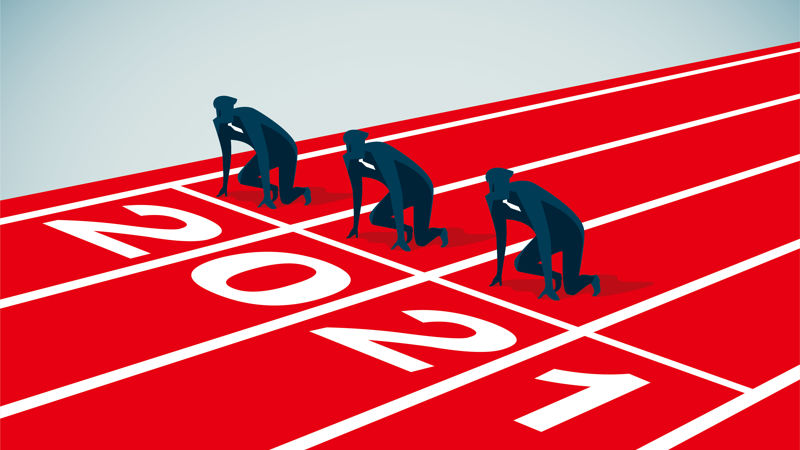


 + membership
+ membership







